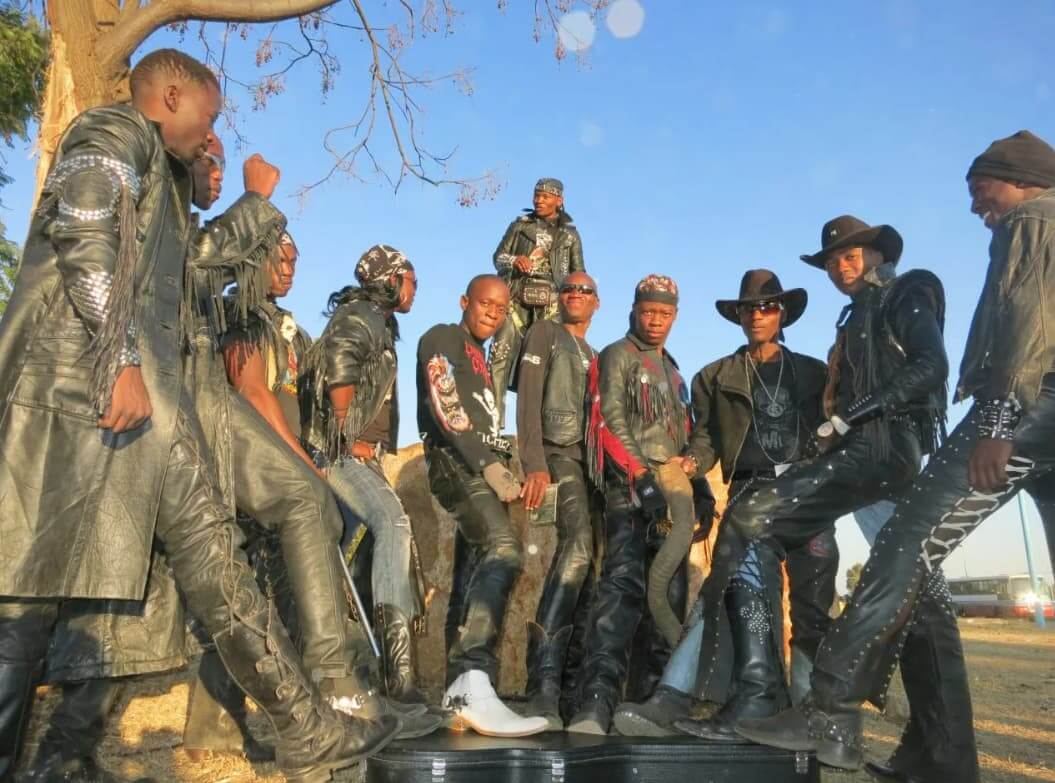African Heavy Metal
The history of African heavy metal has been a gradual but steady progression. It began with the rise of popular bands like Kanaan and Black Missionaries in the early 2000s, paving the way for other notable acts such as Desert Storm, Mokalenga, and Keketsoe.
These pioneering groups laid the foundation for newer artists like Siyabonga Ndlovu, recognized as one of the first black South African musicians to perform heavy metal on stage.
Over the years, the genre has seen significant growth, with more bands embracing this style than ever before. Some have even taken their music abroad, recording albums and performing at international festivals, marking a remarkable milestone in the genre’s journey.
The Impact of African Heavy Metal on African Society
African heavy metal has exerted a profound influence on the continent’s culture and society, bringing people together through music and art. It serves as a powerful means of self-expression, providing individuals with a unique identity within their cultural landscape.
Beyond its cultural significance, African heavy metal holds political implications, offering a platform for marginalized groups to voice their views without fear of repression. This freedom of expression empowers individuals to challenge societal norms and advocate for change, transcending the boundaries imposed by authorities and religious leaders.

The Evolution of African Heavy Metal
In its evolution, African heavy metal has embraced traditional instruments and fused with diverse genres like jazz, reggae, and hip hop. This fusion has given rise to subgenres such as “Fusion Heavy Metal” and “Southern African Heavy Metal,” showcasing the genre’s adaptability and ever-expanding horizons.
The Controversy Surrounding African Heavy Metal
African Heavy Metal has sparked controversy, facing criticism for cultural appropriation and allegations of promoting devil worship. Religious organizations have condemned the genre, citing concerns about its alleged association with Satanism and witchcraft, viewed as taboo in many African societies.
The Future of African Heavy Metal
Despite the challenges, the future of African Heavy Metal looks promising. With a growing number of artists emerging and pioneering new subgenres, the genre is poised for further expansion and exploration. These bold musicians are pushing boundaries and redefining what it means to be part of the African metal scene.
The Impact of African Heavy Metal on the Music Industry
African Heavy Metal has left a significant mark on the music industry. The rise of dedicated metal labels in Africa signifies a burgeoning market for the genre. Major labels are also recognizing the talent within the African metal community, forging partnerships to support and promote these artists and their music.
Conclusion
In conclusion, African Heavy Metal has played a crucial role in fostering a sense of community among marginalized individuals. Through music and art, it promotes solidarity and empowers those who have faced discrimination. However, challenges remain on the path to mainstream recognition.
Limited venue options and financial constraints hinder live performances, while greater government support is needed to enable artists to focus on their craft without financial worries. Despite these obstacles, the future holds promise for African Heavy Metal as it continues to evolve and inspire.
Related Posts
-
 Best Relax Music Genres
Best Relax Music Genres
Relaxation music has been a timeless companion, aiding people in unwinding and
-
 Different Types of Orchestral Music
Different Types of Orchestral Music
Orchestral music, encompassing diverse styles like classical, romantic, and contemporary, holds a